Solidarity Letter Template for Expressing Support
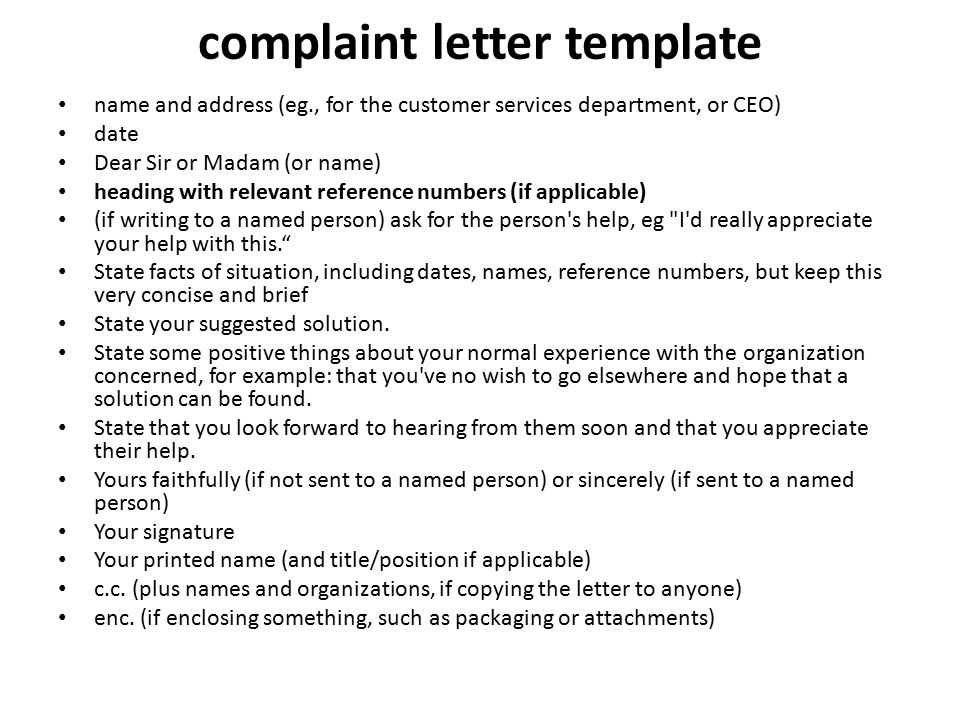
When someone faces challenges or difficult circumstances, offering your encouragement can be a powerful way to show solidarity. A carefully crafted message of support can provide comfort and convey a sense of unity, letting the recipient know they are not alone. This section explores how to construct a meaningful note to convey empathy, reassurance, and support in a variety of situations.
Constructing a Meaningful Message
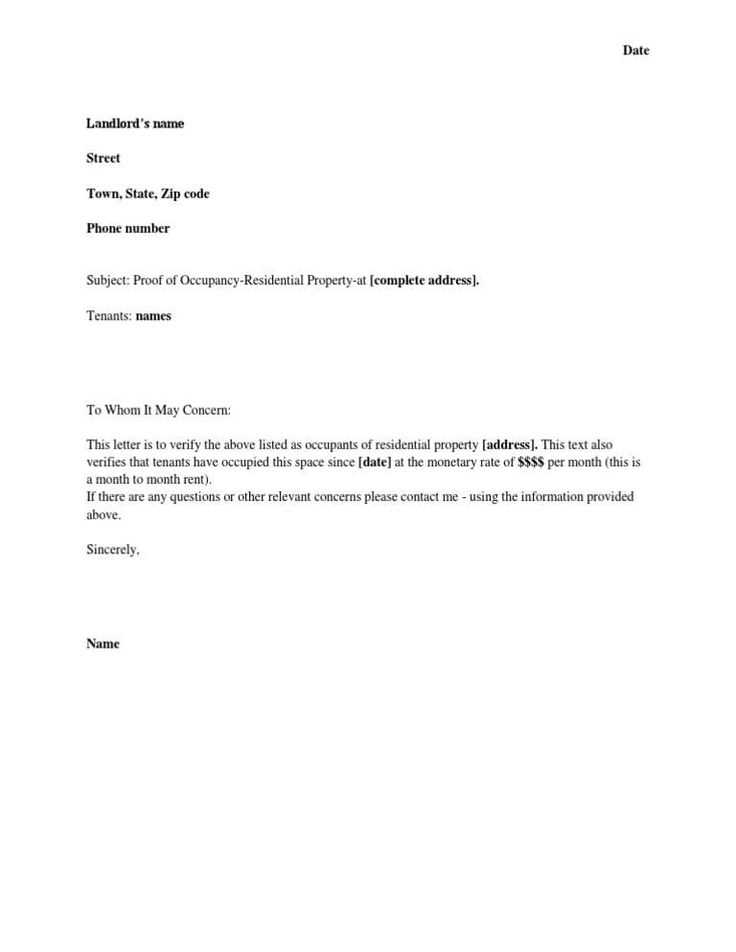
To create a compelling and thoughtful communication, it’s essential to focus on several key elements that will convey your message effectively. Start with a clear expression of empathy, acknowledging the recipient’s struggles or challenges. The tone should remain respectful, yet personal, so they feel your genuine concern.
Important Elements to Include
- Empathy: Begin by acknowledging the situation or hardship the person is going through.
- Encouragement: Offer words of hope and strength that are specific to their situation.
- Solidarity: Express that they are not facing the challenge alone and that you stand with them.
Examples of Supportive Expressions
Here are a few examples to help inspire your message:
- “I want you to know that I’m here for you during this difficult time.”
- “Though words cannot fully capture the extent of your struggle, I hope this message offers some comfort.”
- “Stay strong, and remember that you have a network of people who care deeply about you.”
Adapting the Message to Different Situations
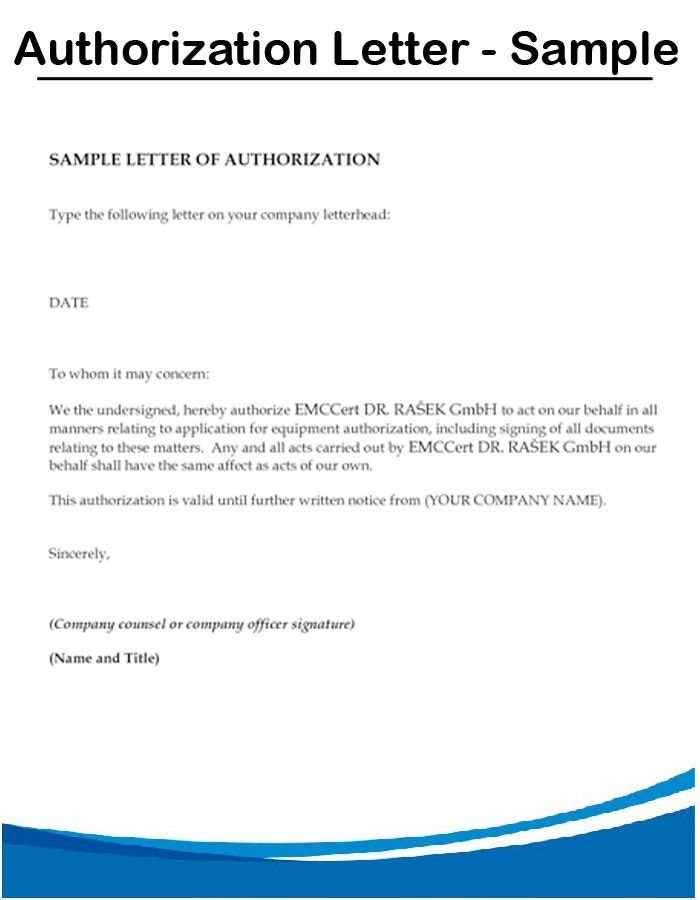
Different circumstances may require unique approaches. For instance, when offering support in a professional setting, the tone might lean more formal, whereas personal messages can afford more warmth and familiarity. Customize the message to fit the recipient’s personality and the context of their situation.
Common Mistakes to Avoid
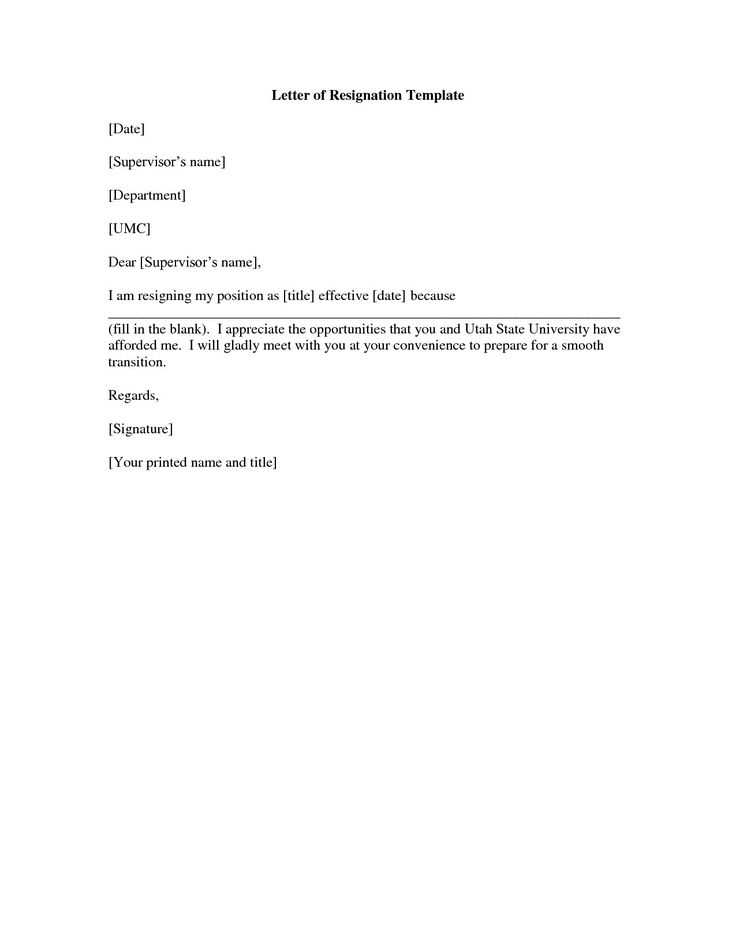
- Being too vague: General or overly broad statements can come off as insincere.
- Overwhelming the recipient: Keep the message concise and avoid adding too much pressure.
- Underestimating the impact: Recognize the significance of their struggle without minimizing it.
Understanding the Importance of Expressing Support

In times of difficulty, reaching out with thoughtful and heartfelt words can offer much-needed comfort and show a strong sense of connection. Communicating your care and understanding can make a significant difference in how someone experiences a challenging moment. Knowing how to craft such messages is essential for conveying empathy and strengthening bonds, whether in personal relationships or professional settings.
How to Craft an Impactful Supportive Message
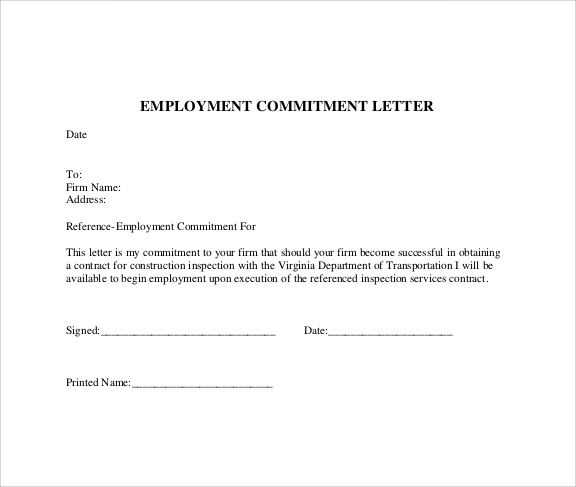
Effective communication of encouragement requires clarity and sincerity. Start by addressing the situation with empathy, demonstrating that you understand the person’s struggles. The message should also include a note of hope or strength, providing reassurance that the individual is not alone. The tone should be appropriate for the relationship you share and the circumstances they are facing.
Examples of Meaningful Words of Encouragement
Here are some examples to help guide your writing:
- “I admire your strength during this time, and I am here for you in any way you need.”
- “Though it’s difficult to find the right words, I want you to know you are in my thoughts and I’m supporting you.”
- “No matter what you’re facing, I believe in your ability to overcome this challenge.”
Key Elements to Include in Your Message
- Empathy: Acknowledge the difficulty the person is going through to show you understand.
- Hope and Encouragement: Offer supportive and uplifting words to help them stay positive.
- Assurance: Let them know you stand by them and are available for any support they may need.
Common Mistakes to Avoid
- Generic Phrases: Avoid clichés or overly broad statements that lack sincerity.
- Overloading with Advice: Focus on emotional support rather than offering unsolicited solutions.
- Being Too Negative: Keep the tone hopeful and positive rather than dwelling on the negativity of the situation.
When and Why to Reach Out
Knowing the right time to express support can make a big impact. It’s important to reach out when someone is facing challenges or moments of uncertainty, providing a sense of comfort and community. Whether it’s a personal crisis or a professional setback, a thoughtful message can serve as a powerful reminder that they are not alone.
Adapting Your Message for Different Circumstances
Each situation calls for a tailored approach. For personal connections, a warm and intimate tone may be appropriate, while professional situations might require a more formal yet equally sincere expression of care. Adjust your message based on the context and the relationship you share with the recipient to ensure it feels personal and appropriate.